Hardwood vs Softwood Timber
posted: 14/May/2015
So you’re choosing timber and you think the choice is pretty simple - you’ll need hardwood for the tough jobs and softwood for lightweight roles. Right? WRONG!
In fact both types of timber are used for a variety of building projects from decorative to structural and the words hardwood or softwood don’t relate to the hardness or softness of piece of timber. The differences are actually botanical and related to plant reproduction.
Softwoods - appearance & reproduction
Softwoods are conifer trees with needle-like leaves that remain evergreen, they grow cones that have seeds. Known as gymnosperms softwood trees reproduce by growing cones which emit pollen. Pollinated trees will then create seeds that are carried by the wind to grow elsewhere. Common softwood species include Radiata Pine, Hoop Pine and Cypress
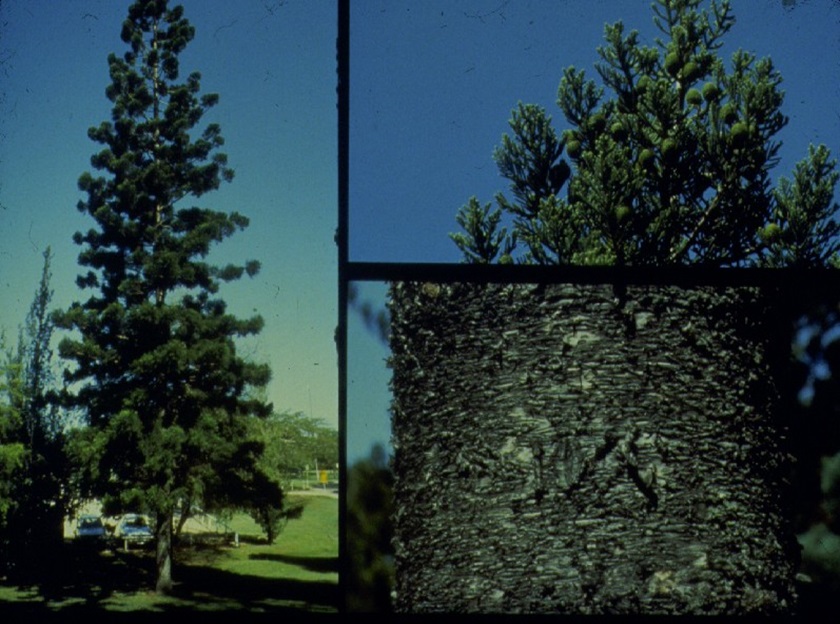
Hoop Pine - a softwood
Hardwoods - appearance & reproduction
Hardwoods, like Spotted Gum, Blackbutt and Ironbark are broad leafed, deciduous trees which grow flowers with fruit and lose leaves annually. Known as an angiosperm, a hardwoods tree grows seeds that have a covering like a shell or a fruit which grows into flowers.
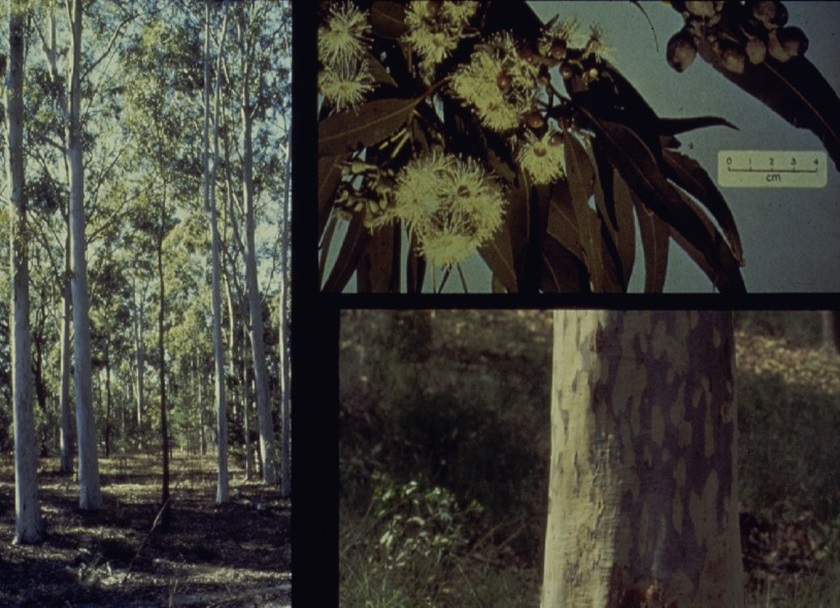
Spotted gum - a hardwood
Hardwood and softwood microstructure
An essential characteristic of a hardwood tree is the presence of vessels (pores or hollow ‘pipes’). Because hardwood cells are closed and cannot function as conduits these vessels carry water and nutrients along the length of a tree and act as pipes to the outer layers of wood a growing tree.
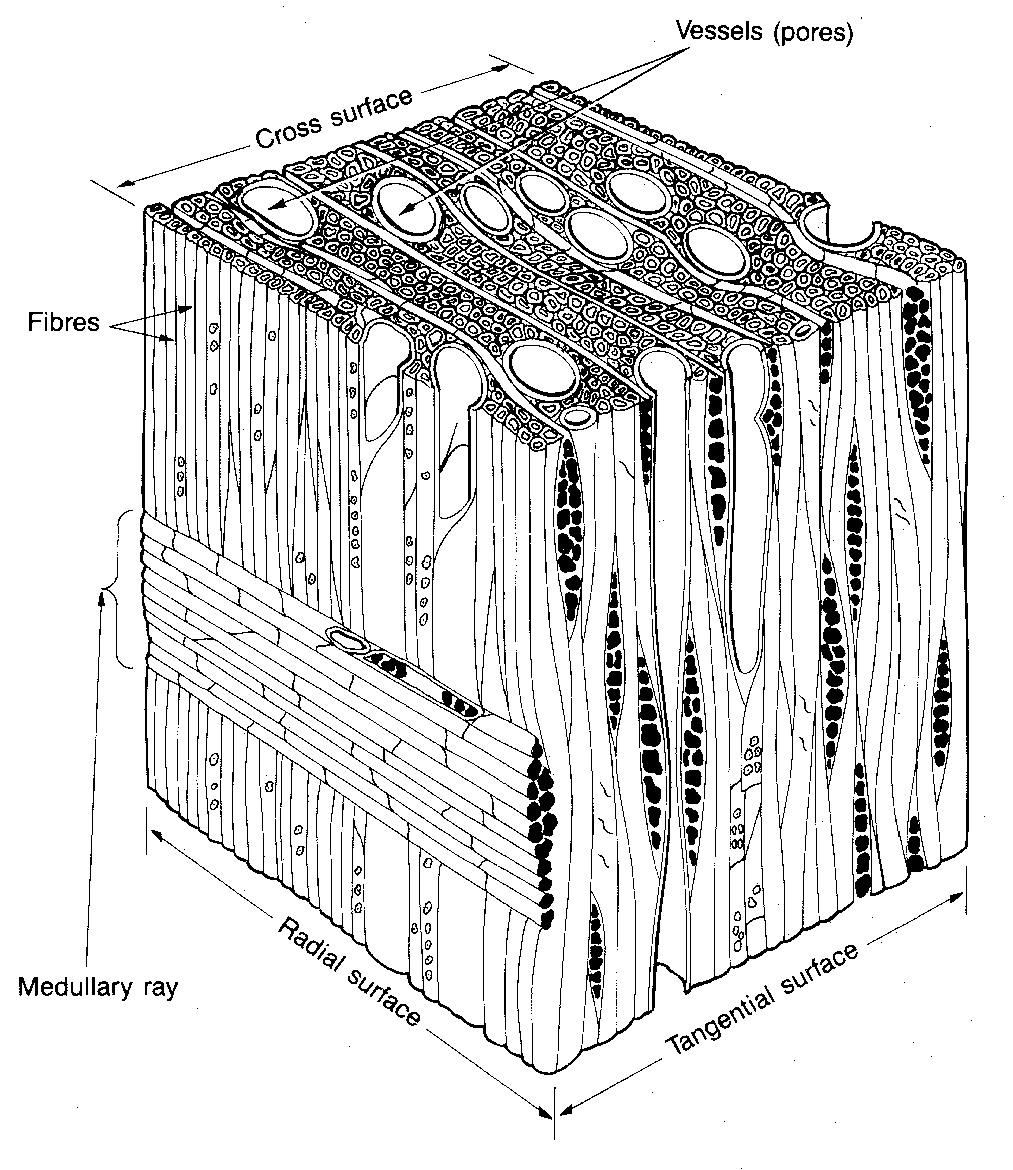
Hardwood microstructure
The fibres on radial surface of a hardwood give strength.
In comparison softwood cells are open, they have long narrow cells (tracheids) which carry water and nutrients throughout the tree. This open cell structure means softwoods a generally more receptive to preservative treatments.
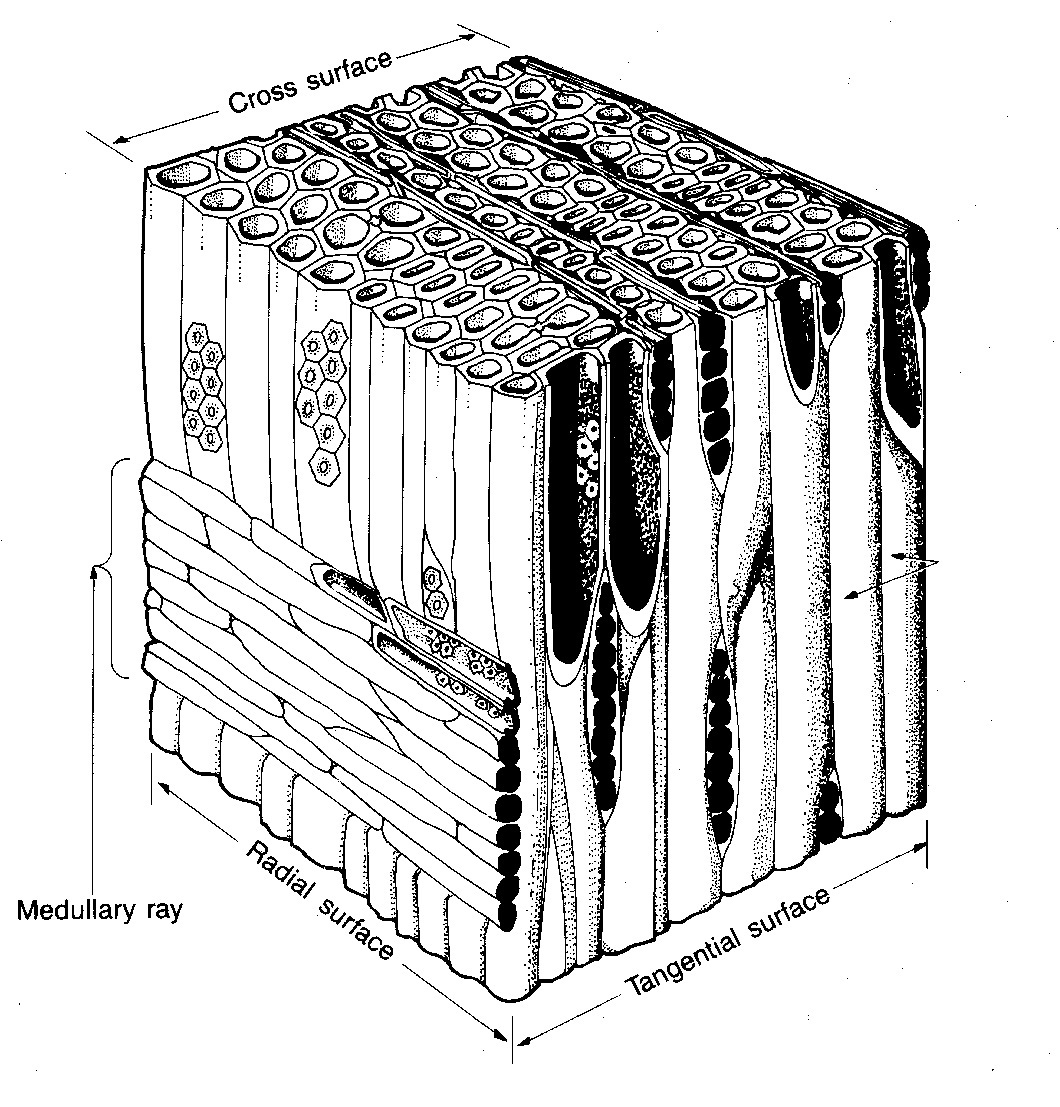
Softwood microstructure
Characteristics of softwood vs hardwood
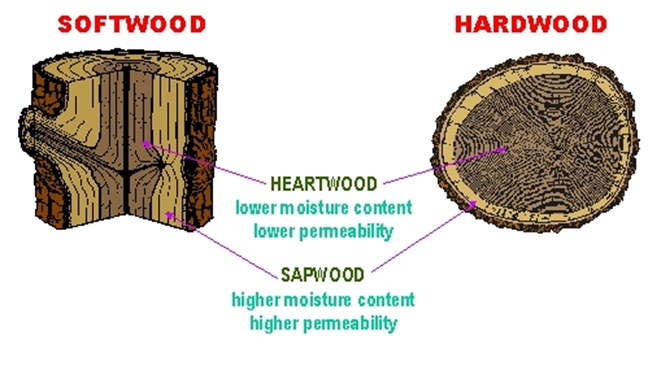
|
Softwood
|
Hardwood
|
- Wide sapwood band
- Usually softer
- Usually lighter when dried
- Heartwood seldom durable
|
|
Previous Articles
Nowadays you might consider the origin of the food you consume, or even the conditions in the factories your clothes are produced. But have you ever thought about where the wood for your homes floor, walls, frame or deck comes from?
Welcome! No matter if you are a builder or architect, a DIY renovator or planning your dream new home build you’re in the right place to be informed and inspired about the use timber.